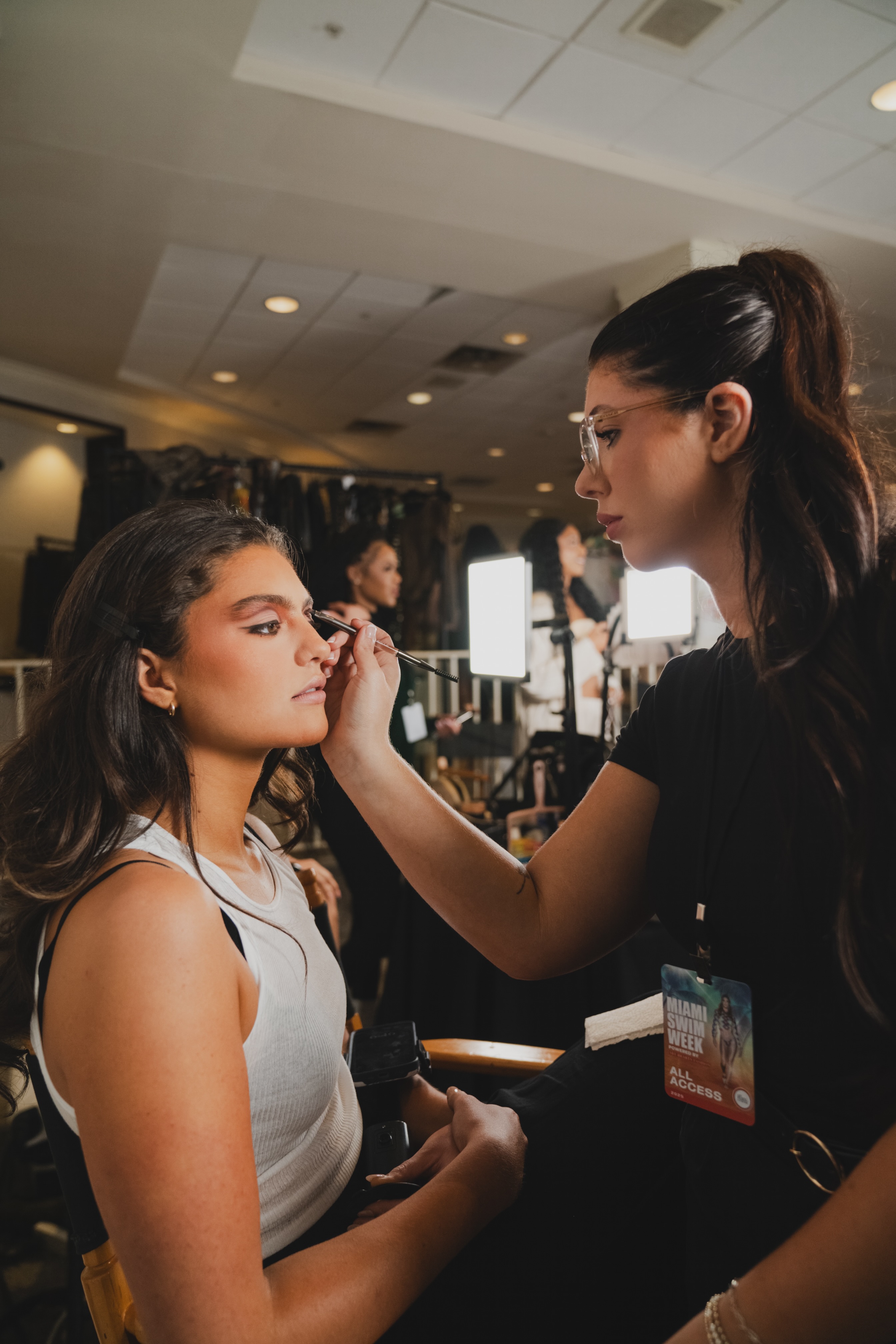Getting vaccinated against the seasonal flu more important than ever
Published 9:24 am Wednesday, November 18, 2020
It’s here again.
As prepare for the holidays — minus the Black Friday shopping crowds and maybe even without the usual crowd at somebody’s house for Thanksgiving and Christmas — flu season is upon us, too.
Trending
According to the Centers for Disease Control and Prevention, the occurrences of influenza begin to rise in October. Flu season ordinarily hits its peak between December and February.
The CDC recommends everyone 6 months or older to get a flu vaccine this season.
Getting a flu vaccine, through either a shot or by way of nasal spray, could help lessen the burden on health care workers still in the midst of the COVID-19 pandemic. There are similarities between the seasonal flu and the novel coronavirus.
Both can lead to fever or chills or feeling feverish, along with a cough, difficulty breathing, fatigue, a runny or stuffy nose, pains and aches, a sore throat and a headache.
Where the two are different is that COVID-19 has been known to cause a change or a loss of smell or taste. And right now, there is a vaccine for the seasonal flu. Vaccines for COVID-19 are under development but have yet to be approved and mass produced.
Also, a person with seasonal flu can become ill from one to four days after being exposed. COVID-19 can take up to five days before symptoms become apparent and in some cases, it has been as long as two weeks.
Trending
While the flu vaccines will not prevent you from getting COVID-19, the CDC says more people getting the vaccine will allow health care professionals to devote more care and resources toward COVID-19 patients.
And you can do things every day to help stop the spread of the seasonal flu — by following the same steps to curb the spread of COVID-19. Wash your hands with soap and water frequently, or use a hand sanitizer if necessary, avoid close contact with people who are sick, clean and disinfect surfaces and objects that may have been touched by flu-causing viruses, cover your mouth and nose when you sneeze and cough and avoid touching your face.





